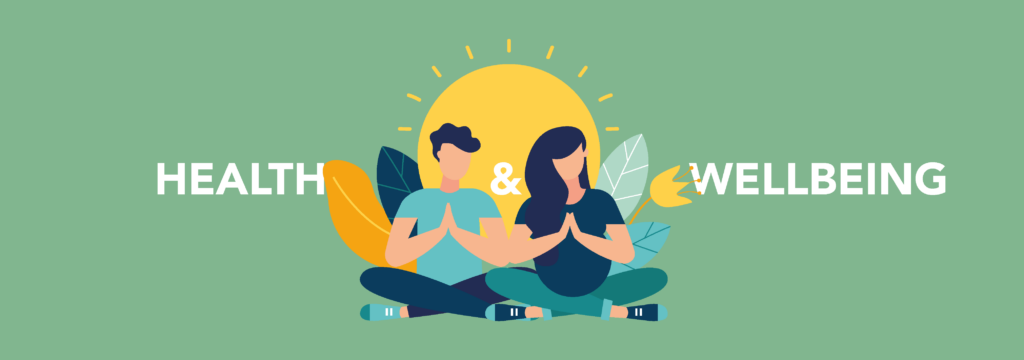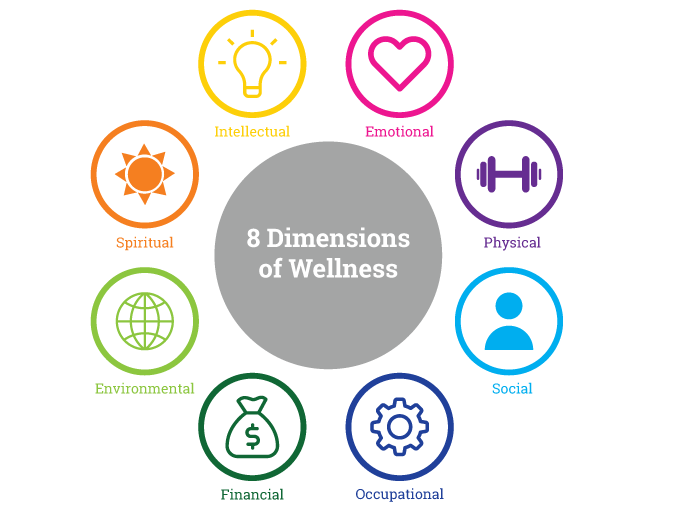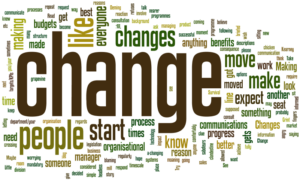Health and well-being are crucial aspects of a fulfilling life, and modern advancements have introduced innovative ways to enhance both mental and physical wellness. This article explores three significant trends: the benefits of minimalism for mental health and productivity, the impact of artificial intelligence (AI) on medicine, and practical tips for improving sleep to boost productivity.
1. The Benefits of Minimalism for Mental Health and Productivity
Minimalism is more than just a design aesthetic; it is a lifestyle choice that promotes simplicity, intentional living, and mental clarity. By reducing unnecessary possessions and distractions, minimalism can positively impact mental health and productivity.
How Minimalism Enhances Mental Health
- Reduces Stress and Anxiety: A cluttered space can lead to a cluttered mind. Decluttering helps lower stress and create a more peaceful environment.
- Encourages Mindfulness: Living with fewer possessions forces individuals to be more intentional about their choices and appreciate what they have.
- Improves Emotional Well-being: A simpler lifestyle reduces decision fatigue and fosters contentment and gratitude.
Minimalism and Productivity
- Enhances Focus: A tidy workspace eliminates distractions, allowing for better concentration.
- Saves Time: Less time spent organizing or searching for items leads to more efficient daily routines.
- Promotes Better Decision-Making: Fewer options reduce decision fatigue, enabling quicker and more effective choices.
Adopting minimalism doesn’t mean giving up everything; rather, it’s about prioritizing what truly adds value to your life. Start small by decluttering your workspace, simplifying your wardrobe, or eliminating digital distractions.

2. How Artificial Intelligence is Revolutionizing Medicine
AI is transforming the healthcare industry by improving diagnostics, treatment, and patient care. From analyzing medical images to predicting diseases, AI is becoming an invaluable tool for doctors and researchers.
Key Benefits of AI in Medicine
- Faster and More Accurate Diagnoses: AI-powered tools analyze medical images, lab results, and patient history to detect diseases such as cancer and neurological disorders earlier than traditional methods.
- Personalized Treatment Plans: AI helps create tailored treatment plans based on a patient’s genetic makeup, lifestyle, and medical history.
- Efficient Administrative Processes: AI automates tasks like patient scheduling, medical record-keeping, and insurance claims, reducing workload and administrative errors.
AI in Different Medical Fields
- Radiology: AI assists in analyzing X-rays, MRIs, and CT scans, improving diagnostic accuracy.
- Drug Discovery: Machine learning accelerates the process of developing new drugs and identifying potential treatments.
- Telemedicine: AI-driven chatbots and virtual assistants enhance remote healthcare, making medical consultations more accessible.
Challenges and Ethical Considerations
While AI offers numerous advantages, it also presents challenges such as data privacy concerns, potential biases in algorithms, and the need for human oversight in decision-making. Ensuring responsible AI usage in medicine is essential for maintaining ethical standards and patient trust.
3. Tips for Improving Sleep to Boost Productivity
Sleep plays a vital role in cognitive function, memory retention, and overall well-being. Poor sleep can lead to decreased focus, lower productivity, and health issues. Here are some science-backed tips to improve sleep quality.
Creating a Healthy Sleep Routine
- Stick to a Schedule: Going to bed and waking up at the same time every day helps regulate your body’s internal clock.
- Avoid Screens Before Bedtime: Blue light from screens can interfere with melatonin production, making it harder to fall asleep.
- Practice Relaxation Techniques: Meditation, deep breathing, or reading a book can help signal to your body that it’s time to sleep.
Optimizing Your Sleep Environment
- Maintain a Cool, Dark, and Quiet Room: Temperature, lighting, and noise levels affect sleep quality.
- Invest in a Good Mattress and Pillow: Comfortable bedding supports better posture and reduces sleep disturbances.
- Limit Caffeine and Heavy Meals Before Bed: Stimulants and large meals can disrupt sleep patterns.
The Connection Between Sleep and Productivity
- Improves Memory and Learning: Quality sleep enhances problem-solving skills and creativity.
- Boosts Mood and Mental Clarity: Well-rested individuals are more focused, motivated, and less prone to stress.
- Enhances Physical Health: Sleep supports immune function, muscle recovery, and overall well-being.

Incorporating minimalism into daily life, leveraging AI in healthcare, and prioritizing quality sleep can significantly enhance well-being and productivity. Minimalism reduces mental clutter, AI revolutionizes medical treatments, and better sleep leads to higher efficiency and overall health.
By adopting these trends, individuals can create a balanced and healthier lifestyle, ensuring long-term success and fulfillment in both personal and professional life.





